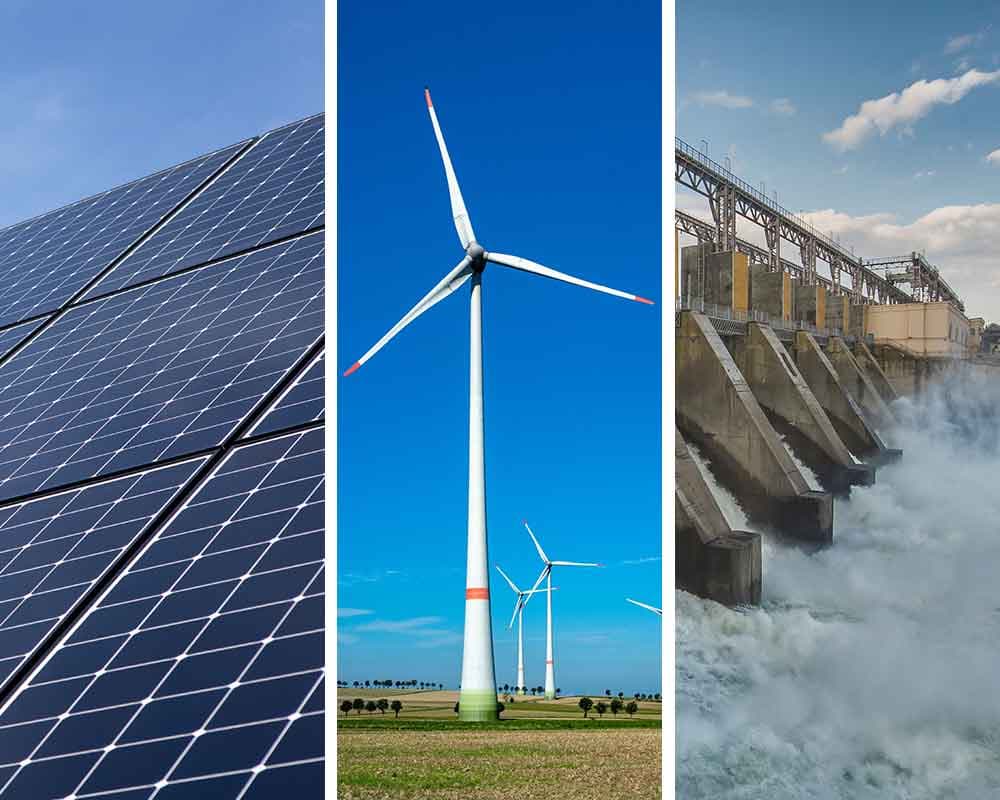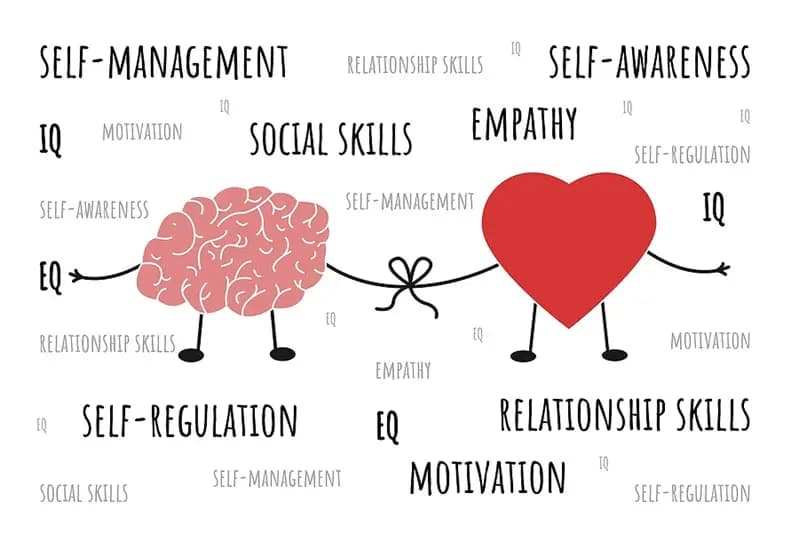Renewable Energy for Homeowners: Options and Benefits

In today's world, the demand for clean and sustainable energy sources is on the rise. As individuals and communities work to reduce their carbon footprint and protect the planet, renewable energy has become an increasingly popular option for homeowners. In this article, we will explore the various renewable energy options available to homeowners, as well as the benefits they offer.
Types of Renewable Energy
There are several types of renewable energy that homeowners can consider when transitioning to a more sustainable energy source. These include:
- Solar power
- Wind power
- Hydroelectric power
- Geothermal energy
- Biogas
- Biomass
Each of these options has its own unique advantages and disadvantages, and it's important for homeowners to carefully consider their individual needs and preferences when selecting a renewable energy source.
Benefits of Renewable Energy
There are many benefits to using renewable energy in your home, including:
- Saving money on energy costs: Renewable energy sources are often less expensive than traditional fossil fuels, making them a more affordable option for homeowners.
- Reduced environmental impact: By using renewable energy, homeowners can help to reduce their carbon footprint and contribute to a more sustainable future.
- Increased energy independence: By generating their own energy, homeowners can become more independent and less reliant on traditional energy sources.
- Increased property value: In some cases, using renewable energy can increase the value of a home, making it a more attractive investment opportunity.
In addition to these benefits, using renewable energy can also help to improve the health and well-being of homeowners and their families. By reducing exposure to pollutants and toxins, renewable energy can help to reduce the risk of chronic diseases and other health issues.
Solar Power
Solar power is one of the most popular renewable energy options for homeowners. There are several different types of solar power systems that homeowners can consider, including:
- Photovoltaic (PV) panels: These panels convert sunlight into electricity, which can be used to power your home.
- Solar water heating: This system uses solar panels to heat water, which can reduce the need for fossil fuels and lower your energy bills.
- Solar thermal: This system uses solar panels to heat air or water, which can be used for heating or cooling your home.
Solar power is a great option for homeowners who live in areas with plenty of sunshine and who want to reduce their reliance on traditional energy sources. However, it's important to note that solar power systems can be more expensive to install and maintain than other renewable energy options.
Wind Power
Wind power is another renewable energy option that can be a great fit for homeowners. Wind turbines generate electricity by harnessing the power of the wind, which can be used to power your home. However, it's important to note that wind power is not available in all areas, and it can be more expensive to install and maintain than other renewable energy options.
Hydroelectric Power
Hydroelectric power is another renewable energy option that can be a great fit for homeowners. This type of power is generated by using the force of water to turn turbines and generate electricity. However, it's important to note that hydroelectric power is not available in all areas, and it can be more expensive to install and maintain than other renewable energy options.
Geothermal Energy
Geothermal energy is another renewable energy option that can be a great fit for homeowners. This type of energy is generated by harnessing the heat from the earth's core, which can be used to heat and cool your home. However, it's important to note that geothermal energy is not available in all areas, and it can be more expensive to install and maintain than other renewable energy options.
Biogas
Biogas is a renewable energy option that can be generated by converting organic waste into methane gas. This gas can be used to power your home or to generate electricity. Biogas is a great option for homeowners who have access to organic waste, such as food scraps or yard waste.
Biomass
Biomass is another renewable energy option that can be generated by burning organic waste, such as wood or agricultural waste. This energy can be used to heat your home or to generate electricity. Biomass is a great option for homeowners who have access to organic waste and who want to reduce their reliance on traditional energy sources.
Options Are Out There
Renewable energy is a great option for homeowners who want to reduce their reliance on traditional energy sources and contribute to a more sustainable future. There are several different types of renewable energy options available, including solar power, wind power, hydroelectric power, geothermal energy, biogas, and biomass. It's important to carefully consider your individual needs and preferences when selecting a renewable energy source, as each option has its own unique advantages and disadvantages.
By using renewable energy in your home, you can save money on energy costs, reduce your environmental impact, increase your energy independence, and improve the health and well-being of you and your family. So, why not consider making the switch to renewable energy and help to create a more sustainable future for us all?
renewable energy options for homeownersbenefits of renewable energysolar power for homeownerswind power for homeownershydroelectric power for homeownersgeothermal energy for homeownersbiogas for homeownersbiomass for homeownersphotovoltaic panelssolar water heating systemsolar thermal systemwind turbine installationhydroelectric turbine installationgeothermal turbine installationbiogas generationbiomass burning





